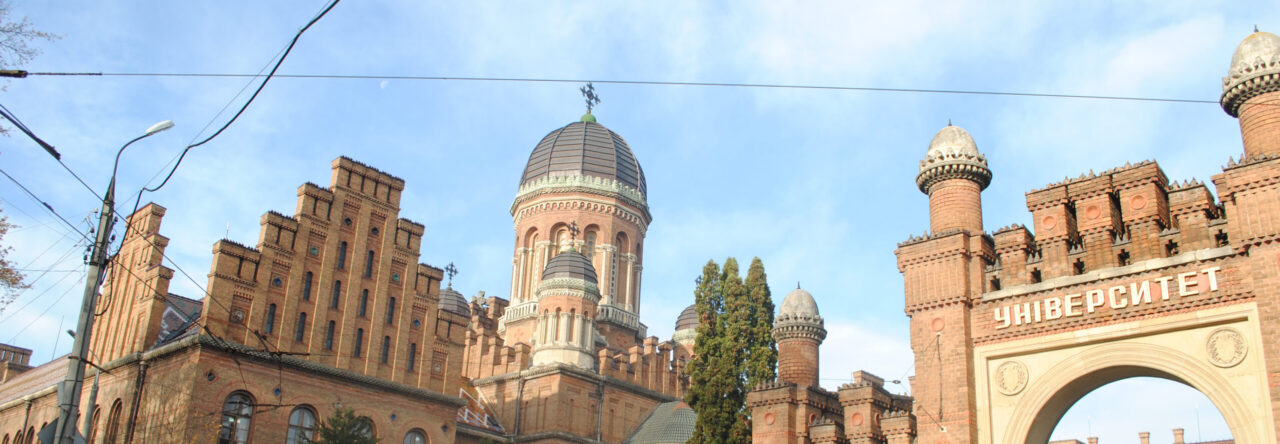Der Deutsche Akademische Austauschdienst (DAAD) stärkt mit dem Programm „Deutsch-Ukrainisches Hochschulnetzwerk“ die akademische Zusammenarbeit zwischen deutschen und ukrainischen Hochschulen. Für eine vierjährige Förderung wurden nun 29 Kooperationsprojekte deutscher Hochschulen ausgewählt. Die Finanzierung der Projekte erfolgt aus Mitteln des Bundesministeriums für Bildung und Forschung (BMBF), bis 2029 stehen 24 Millionen Euro zur Verfügung.
Das „Deutsch-Ukrainische Hochschulnetzwerk“ soll den Wiederaufbau des ukrainischen Hochschulsektors unterstützen und dessen Integration in den Europäischen Hochschulraum fördern. An den Kooperationsprojekten der ausgewählten deutschen Hochschulen sind 47 ukrainische Universitäten beteiligt. Die Förderung der Projekte startet im Juli dieses Jahres.
Das Programm besteht aus zwei Teilen: In der Programmlinie Studium und Lehre fördert der DAAD binationale Kooperationen zur Entwicklung gemeinsamer Studiengänge, einschließlich Doppelabschlüssen, sowie gemeinsamer Lehr- und Lernmodule. Ein besonderer Fokus liegt auf dem Austausch von Lehrenden und Studierenden, der in Kriegszeiten oft virtuell erfolgt. Für diese Linie stehen rund 800.000 Euro pro Projekt zur Verfügung.
In der Programmlinie Hochschulverwaltung und Internationalisierung fördert der DAAD Fortbildungsmaßnahmen für ukrainische Hochschulmitarbeitende, um die Internationalisierung und Integration ihrer Hochschulen in den Europäischen Hochschulraum voranzutreiben. Für diese Linie stehen rund 400.000 Euro pro Projekt zur Verfügung.
Folgende deutsche Hochschulen wurden als Teil des Deutsch-Ukrainischen Hochschulnetzwerkes ausgewählt:
- Ostbayerische Technische Hochschule Amberg-Weiden
- Evangelische Hochschule Berlin
- Hochschule für Wirtschaft und Recht Berlin
- Berliner Hochschule für Technik
- Technische Universität Chemnitz
- Technische Universität Clausthal
- Brandenburgische Technische Universität Cottbus-Senftenberg
- Fachhochschule Dortmund
- Hochschule für nachhaltige Entwicklung Eberswalde
- Europa-Universität Viadrina Frankfurt (Oder)
- Technische Universität Bergakademie Freiberg
- Hochschule Weihenstephan-Triesdorf
- Justus-Liebig-Universität Gießen
- MSH Medical School Hamburg
- Medizinische Hochschule Hannover
- Leibniz Universität Hannover
- Friedrich-Schiller-Universität Jena
- Karlsruher Institut für Technologie
- Christian-Albrechts-Universität zu Kiel
- Universität Konstanz
- Hochschule Anhalt
- Otto-von-Guericke-Universität Magdeburg
- Ludwig-Maximilians-Universität München
- FH Münster University of Applied Sciences
- Universität des Saarlandes
- Universität Stuttgart
- Universität Ulm
- Technische Hochschule Wildau
- Jade Hochschule Wilhelmshaven/Oldenburg/Elsfleth
Quelle: DAAD
